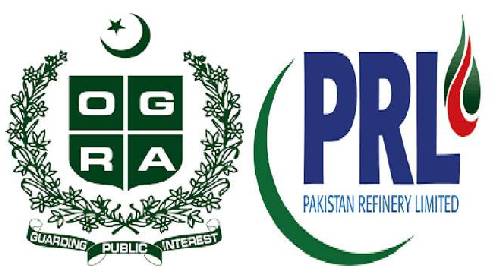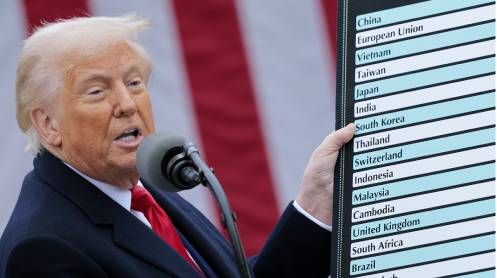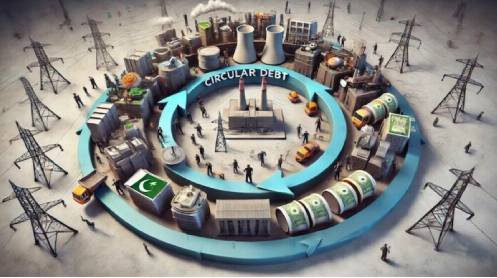Islamabad-Pakistan Refinery Limited (PRL) has become the first one to sign agreement with Oil and Gas Regulatory Authority (OGRA) and under Brownfield Refinery Policy, while other have refused to go ahead with a plan owing to differences over draft of agreement.
In a landmark development aligning with Pakistan’s refining policy, the Oil and Gas Regulatory Authority (OGRA) and Pakistan Refinery Limited (PRL) have officially inked a pivotal upgrade agreement Thursday, said a spokesperson for OGRA. Brownfield Refinery Policy was approved by the Federal Cabinet on August 8, 2023, aiming to encourage existing refineries to upgrade/modernise/expand their facilities to minimise black product such as furnace oil (FO) and produce environment friendly fuels as per Euro-V specifications. The Brownfield Refinery Policy required to be signed enabling the existing refineries to proceed with their projects to upgrade to produce Euro-V compliant fuels, which is a project of national strategic importance, said OGRA. According to the OGRA, the final agreed draft of the agreement was shared with the refineries on November 8, 2023, keeping in view the policy guidelines of the federal government for execution, as the refineries have to sign the agreement with OGRA.
However, some of the refineries have raised certain objections which are found beyond the policy guidelines of the federal government, therefore, not considered and the same has been raised with the federal government. Currently, there are five companies operating in the oil refining sector in Pakistan including, Pak-Arab Refinery Limited (PARCO), Attock Refinery Limited (ARL), National Refinery Limited (NRL), Pakistan Refinery Limited (PRL) and Cnergyico Pk Limited (CPL). As per the government report, all of the refineries except PARCO are based on old, hydroskimming, technology. PARCO is a mild-conversion refinery and even that is now more than 20 years old.
While PRL has entered into an agreement on the last day of deadline periods which was November 16, the remaining refineries had developed differences with the oil regulator over the draft of the agreement and refused to sign it within the stipulated time. PRL was established in 1962 and upgraded in 2015. The refinery having the capacity of 50,000 bpd is using hydroskimming technology. OGRA, meanwhile, said that following extensive deliberations, consultations, and a series of meetings with key stakeholders, the agreement marks a significant milestone for the energy sector.
“After a marathon of meetings, consultations, and deliberations with the stakeholders, the agreement was finalised, and by the grace of Almighty Allah, we have signed the first one with PRL,” stated Masroor Khan, Chairman of the Oil and Gas Authority during MoU signing ceremony. The Brownfield Refinery Policy, a critical component of the national strategic framework, necessitated these agreements to facilitate existing refineries in advancing their projects towards producing Euro-V compliant fuels. The implementation of this policy is poised to usher in positive transformations within the oil sector of Pakistan. “We believe that the upgrade projects under the Brownfield Refinery Policy are of paramount national importance. This agreement with PRL signifies the initiation of a series of strategic partnerships to enhance our refining capabilities and contribute to the production of environmentally friendly fuels,” added Masroor Khan. “It is pertinent to mention that with the implementation of this policy the local production of Euro 5 compliant Mogas and Diesel will increase, which will reduce the burden of import and will save Foreign exchange,” said chairman OGRA. “The Pakistan Refining Policy’s successful implementation is anticipated to bring about a positive and lasting impact on the country’s energy landscape,” the chairman said.
PRL, Ogra seal pivotal agreement under Brownfield Refinery Policy





